As energy drink consumption grows globally and in the United States, it is critical to examine the nutritional content and effects on the population’s health of these beverages.
Energy drinks with caffeine and other stimulants are designed to increase alertness quickly.
Many people use them as an afternoon pick-me-up instead of coffee. However, studies have shown that these drinks can be harmful to one’s overall health.
Energy drinks in moderation will never harm you and will provide you with the promised benefits.
Caffeine intoxication, vomiting, cardiac arrhythmias, seizures, and even death can result from excessive consumption of energy drinks in some people. In a nutshell, it can make you sick if you consume it excessively.
Continue reading to know specifically what ingredients make you ill in energy drinks, as well as their overall effect on human health.
What Are Energy Drinks?
Many people turn to energy drinks when they need a quick pick-me-up or a boost to get through the day. Energy drinks are frequently marketed as a cure for tiredness.
Energy drinks, as opposed to sports drinks, contain high levels of stimulants such as caffeine. These drinks have gained popularity due to their known stimulant effect, but they have harmful side effects.
Caffeine is frequently the main active ingredient in energy drinks. However, they frequently contain other ingredients that are said to have stimulant properties.
Energy drinks also contain the following active ingredients:
- Taurine
- Glucuronolactone
- B Vitamins
- Guarana
- Ginseng
- Sugar
Adults are thought to be safe if they consume energy drinks in moderate amounts. When energy drinks are mixed with alcohol or consumed in large quantities at once, side effects such as irregular heartbeats and nervousness can occur.
Ingredients In An Energy Drink That Can Make You Ill
Herbs, vitamins, and caffeine are frequently found in energy beverages. They assert that they will give you more energy and awaken you.
They definitely make you feel energized due to their stimulant properties but their overconsumption can simultaneously make you ill.
Let’s have a look at these ingredients that can end up making you feel ill if consumed excessively.
Sugar
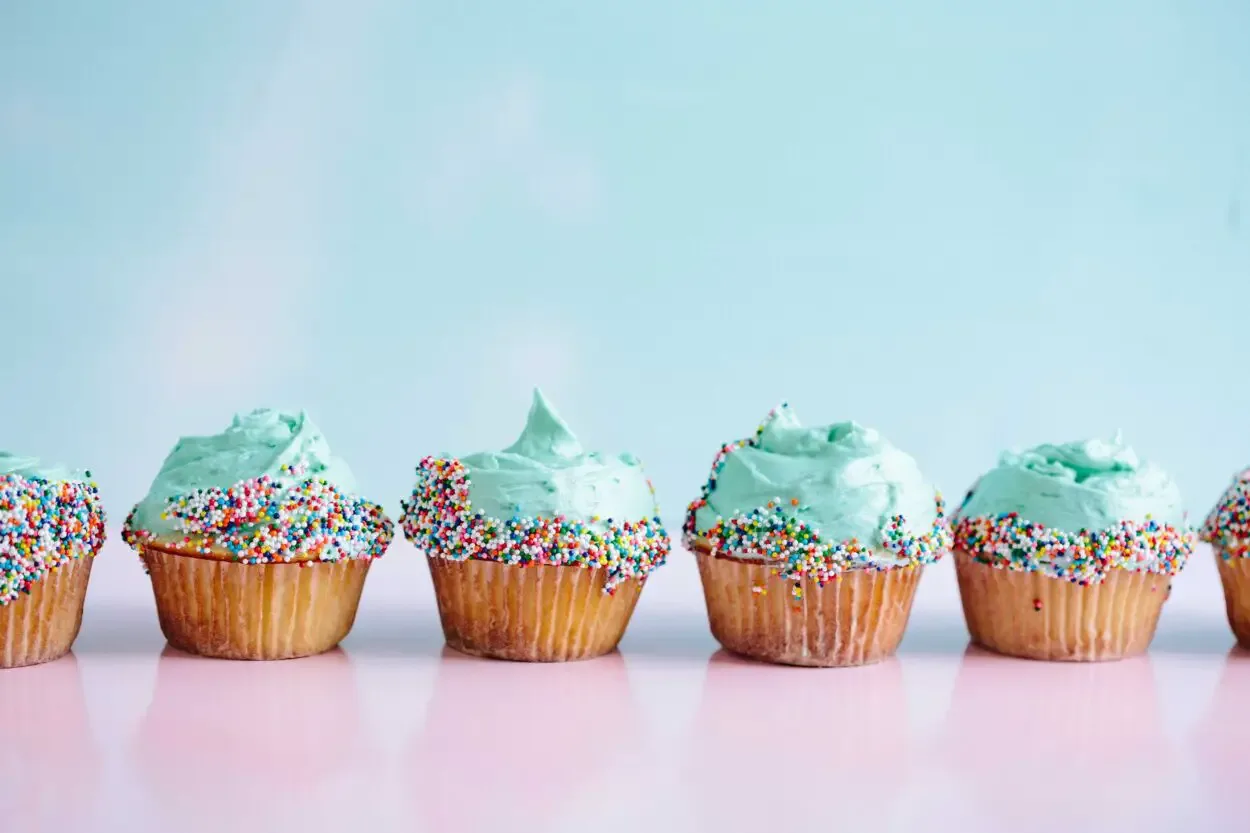
Your favorite energy drinks have a hefty amount of sugar. Monster, Rockstar, Red Bull, and others are among them.
The American Heart Association recommends that women consume no more than six teaspoons (or 25 grams) of added sugar per day, while men consume no more than nine teaspoons (36 grams).
The issue isn’t just our growing waistlines; it’s also that eating too much sugar can make us sick. Sugar consumption increases the risk of developing chronic illness over time.
These high-sugar energy drinks also contain a lot of empty calories, which can lead to high blood sugar, diabetes, and even dental problems.
Let’s have a look at the sugar content present in some of your favorite energy drinks.
| Energy Drinks | Sugar Content |
| Rockstar (8 fl. oz) | 30g |
| Monster (8 fl. oz) | 27g |
| NOS (8 fl. oz) | 26g |
| Red Bull (8.4 fl. oz) | 27g |
Head over to know about some of the best sugar-free drinks out there.
Taurine
Taurine serves numerous functions in the body. It is unclear, however, why taurine is added to energy drinks.
The most common taurine dosage range is 500-3,000 mg per day. However, an EFSA report from 2012 suggests that up to 6,000 mg daily is safe.
Taurine has no known side effects when consumed in reasonable amounts by a healthy individual.
Although there were no direct problems with taurine supplements, energy drinks containing taurine and caffeine have been linked to the deaths of athletes in Europe.
As a result, several countries have banned or restricted the sale of taurine.
Calories
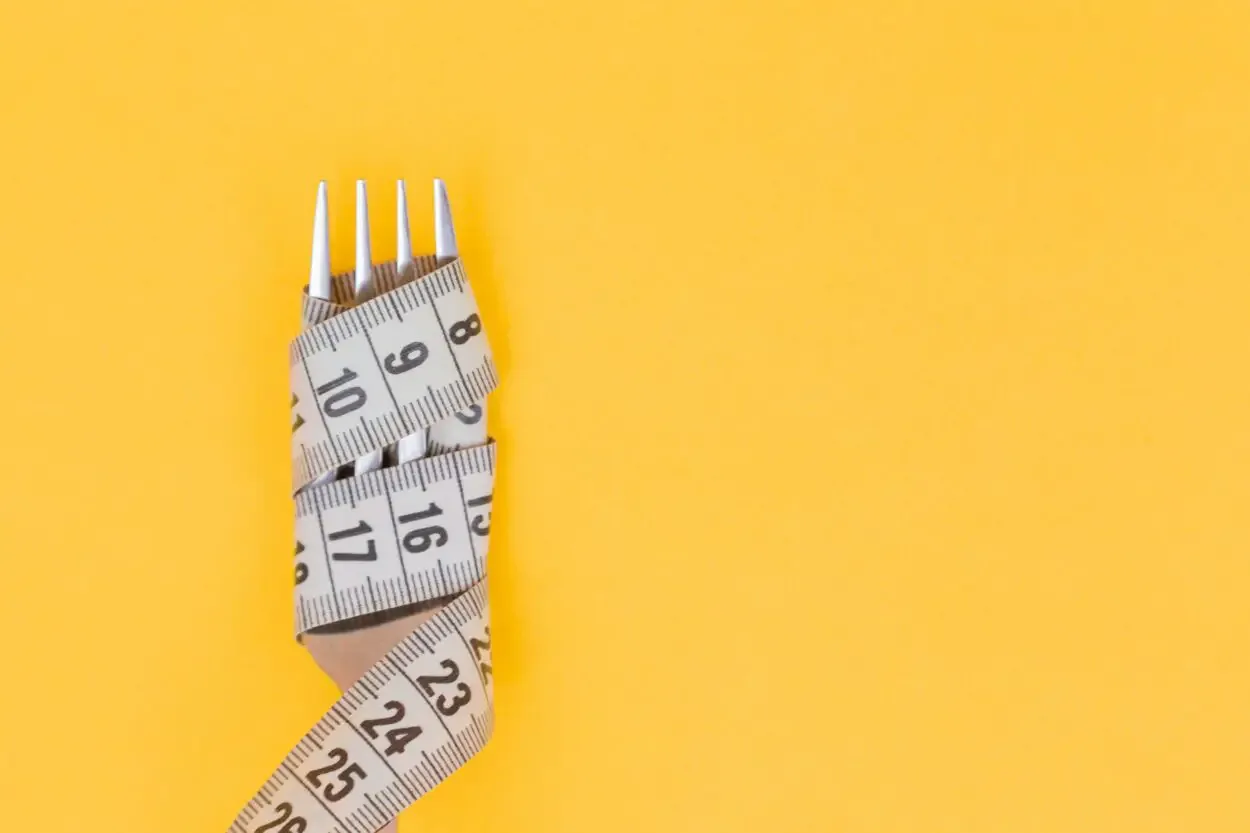
Calories are not harmful to your health. Your body requires calories to function properly. However, eating too many calories and not burning them off through activity can lead to weight gain.
Fat, protein, and carbohydrates, known as the three macronutrients, account for nearly all of a person’s daily calorie intake.
A calorie deficit diet ain’t healthy for the human body. The cells could become weak due to insufficient energy consumption, and your organs could eventually fail to perform basic functions.
Excess calorie intake not only causes weight gain but eating too many calories from certain sources can cause other health problems.
When these factors combine, they can lead to a cascade of problems that have a negative impact on your overall health and well-being.
In general, women should consume up to 2,000 calories per day, while men should consume up to 2,500. Some high-calorie containing energy drinks are:
| Energy Drinks | Calorie Content |
| AMP (16 fl. oz) | 220 |
| Full Throttle (16 fl. oz) | 220 |
| Monster (16 fl. oz) | 190 |
| Rockstar (16 fl. oz) | 140 |
| Red Bull (8.4 fl. oz) | 110 |
Head over to the article: ‘Energy Drink Calories (Highest to Lowest)‘ for a detailed review of energy drinks with high calories to avoid, and which are safe to consume.
Amino Acids
Some common amino acids included in energy drinks are L-carnitine, L-tyrosine, and L-theanine. All of these play an essential role in metabolism.
Their individual functions can be defined as:
| Amino Acids | Functions |
| L-carnitine | L-carnitine is essential for energy production; it transports long-chain fatty acids into the mitochondria to be oxidized (“burned”) for energy production. |
| L-theanine | The e benefits of L-theanine include improved alertness, relaxation, and sleep. |
| L-tyrosine | L-tyrosine is a non-essential amino acid that is required for the synthesis of neurotransmitters in the brain, which are essential for nerve conduction and mood stabilization. |
The human body can only consume a certain amount of amino acids before becoming ill. When your body ingests an inflated dose of amino acids, the subsequent effects might occur:
- Gastrointestinal distress
- Diarrhea
- Risk of gout
- Drop in blood pressure
- Abdominal pain
Can Caffeine Make You Ill?
Caffeine is a key ingredient in energy drinks. It is addictive and, in high doses, can be harmful. It can make you ill in many different ways.
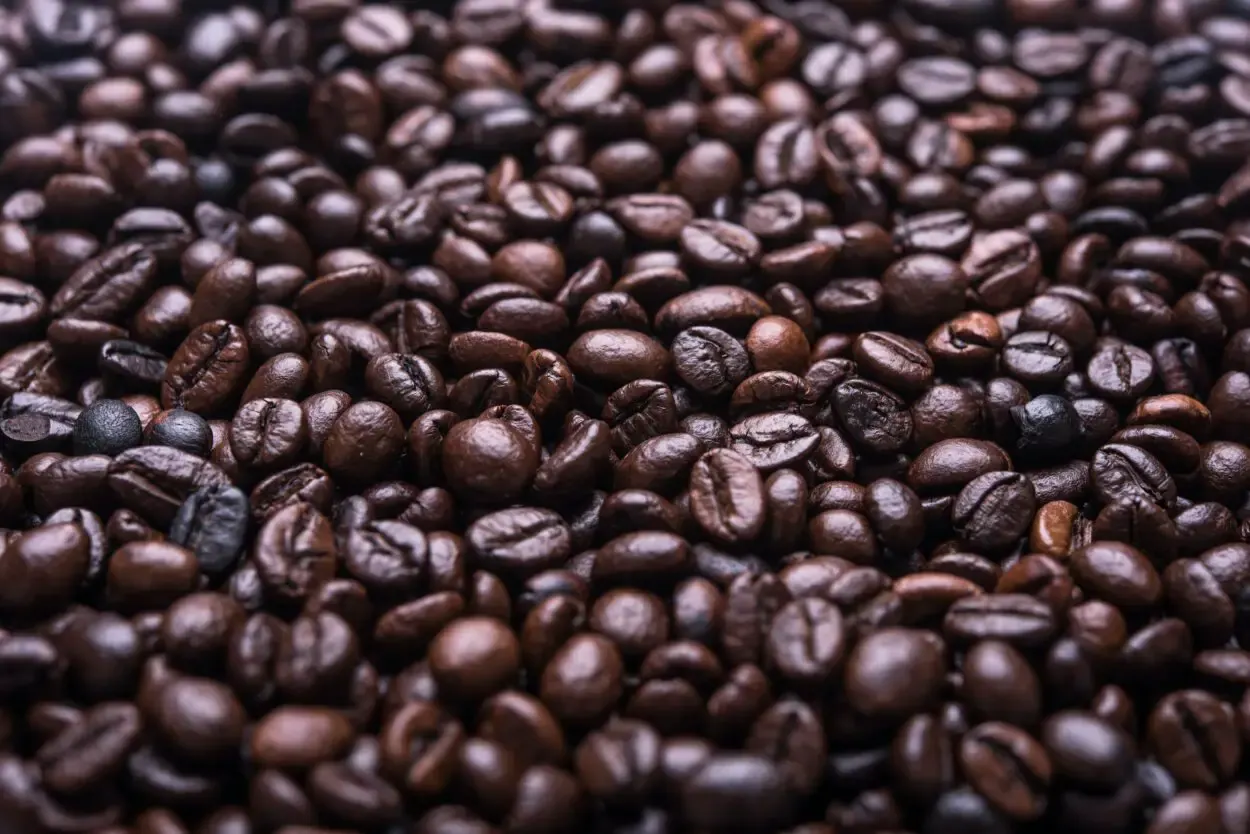
Caffeine overdose can result in headaches, irritability, nervousness, and a rapid heart rate. Energy drinks contain more caffeine than is recommended for children and adolescents.
This means that just one or two energy drinks can easily push you over the caffeine limit.
Caffeine concentrations in energy drinks can also overwhelm your digestive tract.
Extreme consumption of energy drinks may lead to vomiting, nausea, and diarrhea. Other possible side effects of consuming too many energy drinks include insomnia, heart palpitations, tremors, excessive sweating, and chest pains.
For healthy individuals, the FDA has determined that 400mg per day—or about four or five cups of coffee—is a safe quantity to consume.
Can Energy Drinks Make You Ill?
Energy drinks are known to help you stay alert, improve your mood, increase cognitive function, and provide a short-term energy boost.
However, negative effects from this type of beverage are possible, especially if consumed in large quantities. Some of these negative effects may cause you to feel ill or sick.
Consuming too many calories or sugar can lead to weight gain, and weight gain can lead to health problems that make you feel ill.
While getting more B vitamins than the recommended dietary allowance is generally not a cause for concern, getting too much of certain B vitamins can cause unpleasant side effects and make you sick.
Too much vitamin B6, for example, especially amounts greater than 100 mg per day, can cause nerve damage.
Caffeine consumption in excess of 400mg per day may cause anxiety, irritability, difficulty sleeping, muscle tremors, and gastrointestinal upset. Some people, particularly pregnant women and children, may be more sensitive to caffeine’s negative effects than others.
Should You Give Up On Energy Drinks?
When it comes to energy drinks, my advice is to always proceed with caution and test your body’s tolerance to caffeine and sugar.
If you need a boost in the morning, a cup of black coffee is a better option. Even better, get up 30 minutes earlier and do some aerobic exercise.
If you start your day with a morning workout, you will most likely have more energy, stamina, and focus. Another great way to boost your energy is to go for a short brisk walk during lunch.
If you want to drink energy drinks, limit yourself to no more than one can per day. They will serve as a safe option for you if you have them on occasion.
Limit your consumption if you can’t live without them. Most importantly, pay attention to how they affect your body and discuss any concerns with your primary care doctor.
Famous Natural/Organic Energy Drinks
Bai Boost
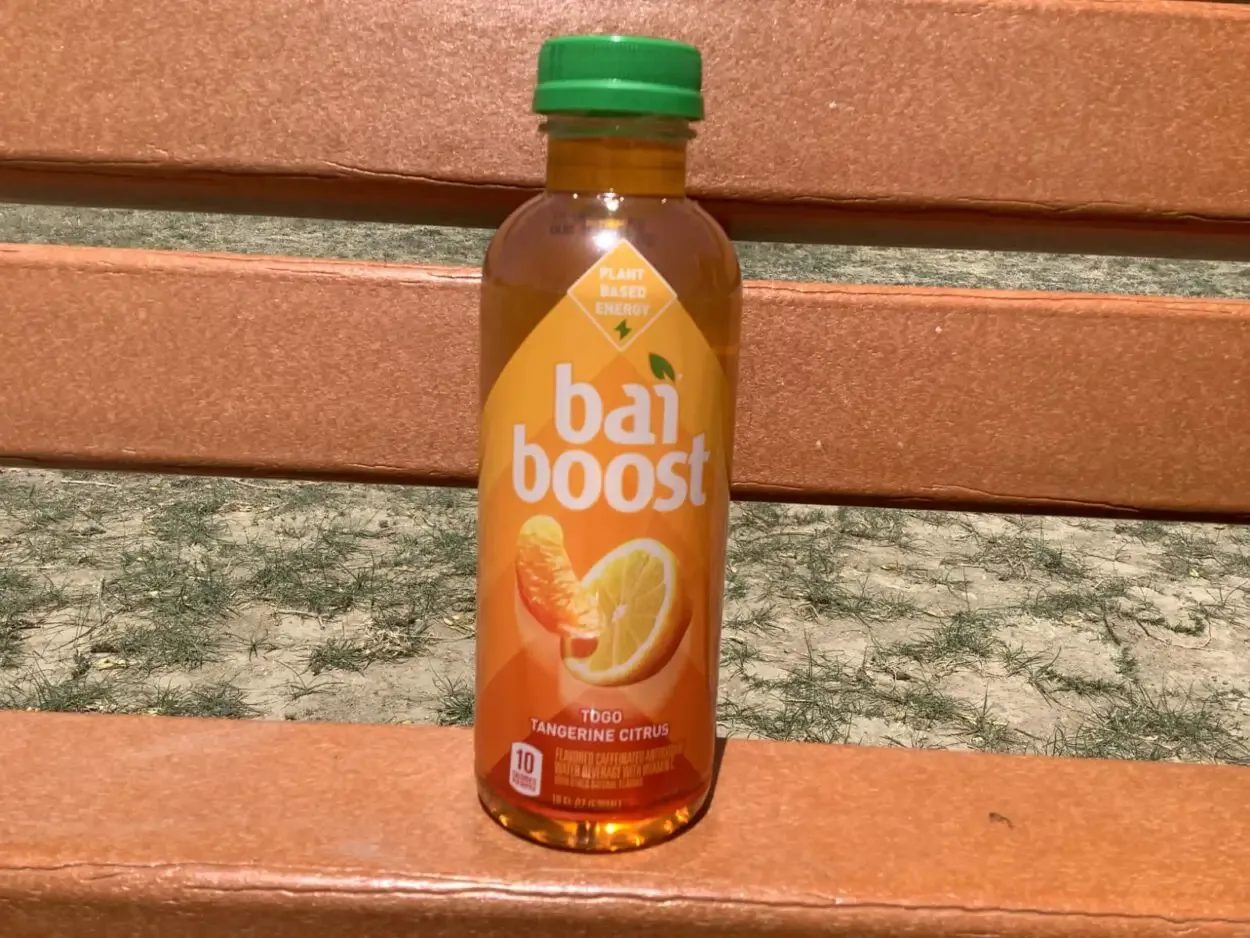
Bai beverages debuted in Princeton, New Jersey in 2009.
The Mandarin Chinese word for “pure” is bai. Botanical antioxidant infusions are another possible abbreviation.
It contains some beneficial ingredients such as calcium, potassium, vitamin C, and a small amount of caffeine.
It also has a low-calorie count, which is usually a plus. However, I am disappointed that this energy drink contains no B vitamins.
Alani Nu
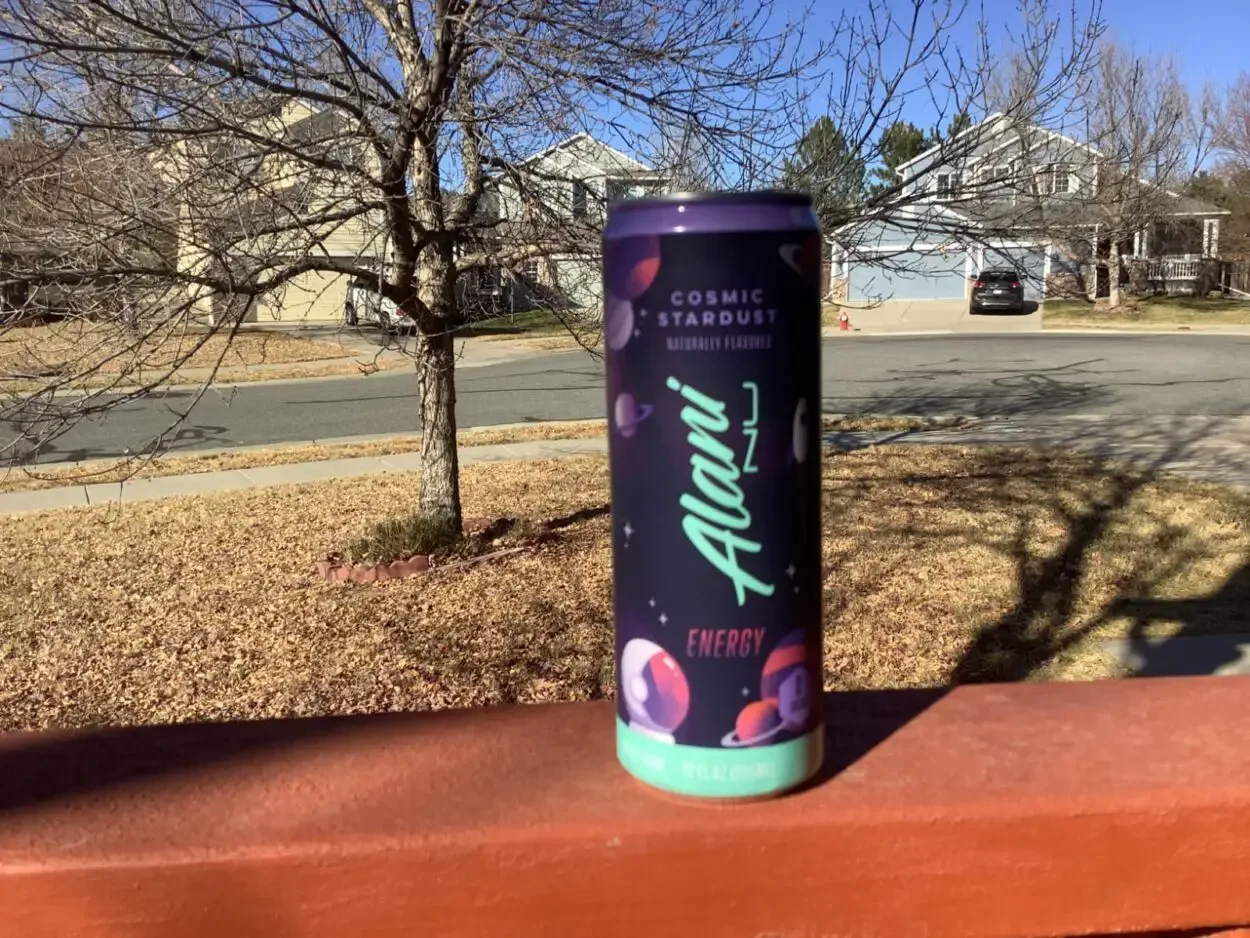
Alani Nu energy drinks aim to provide a healthy and environmentally friendly source of energy.
The company claims that its energy drink can provide your body with wellness and goodness.
Alani Nu comes in a sleek 12-ounce can with 200mg of caffeine, 10 calories, and no sugar. Other ingredients include essential vitamins, electrolytes, and ingredients that boost energy.
Lotus Plant
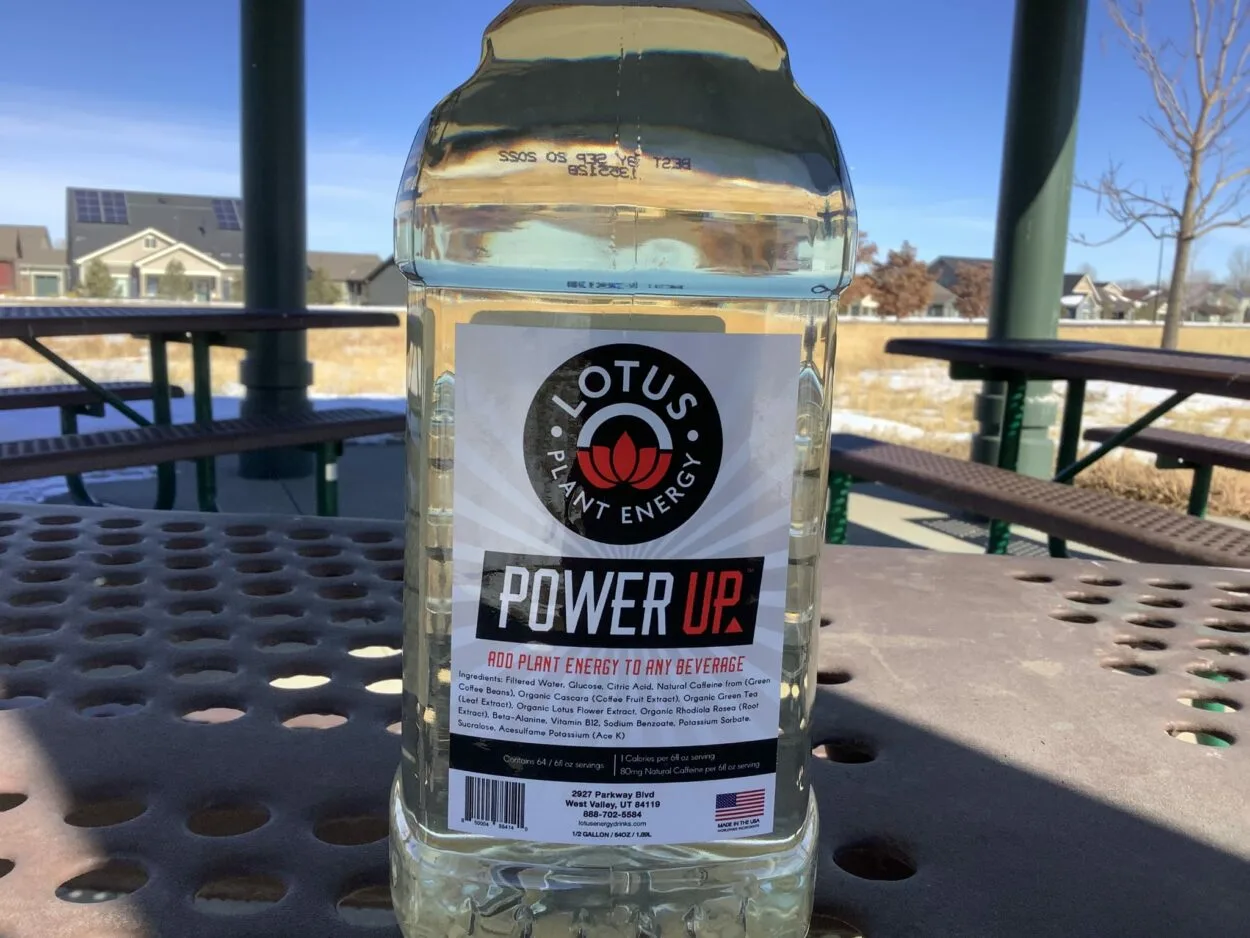
As a plant-based energy drink, the Lotus energy drink is a good energy drink with all-natural ingredients.
Furthermore, it differs from other energy drinks due to its main ingredient, Lotus Bloom extract.
It contains approximately 80mg of caffeine and other ingredients such as plant extracts, beta-alanine, and others to provide you with adequate energy.
REIZE
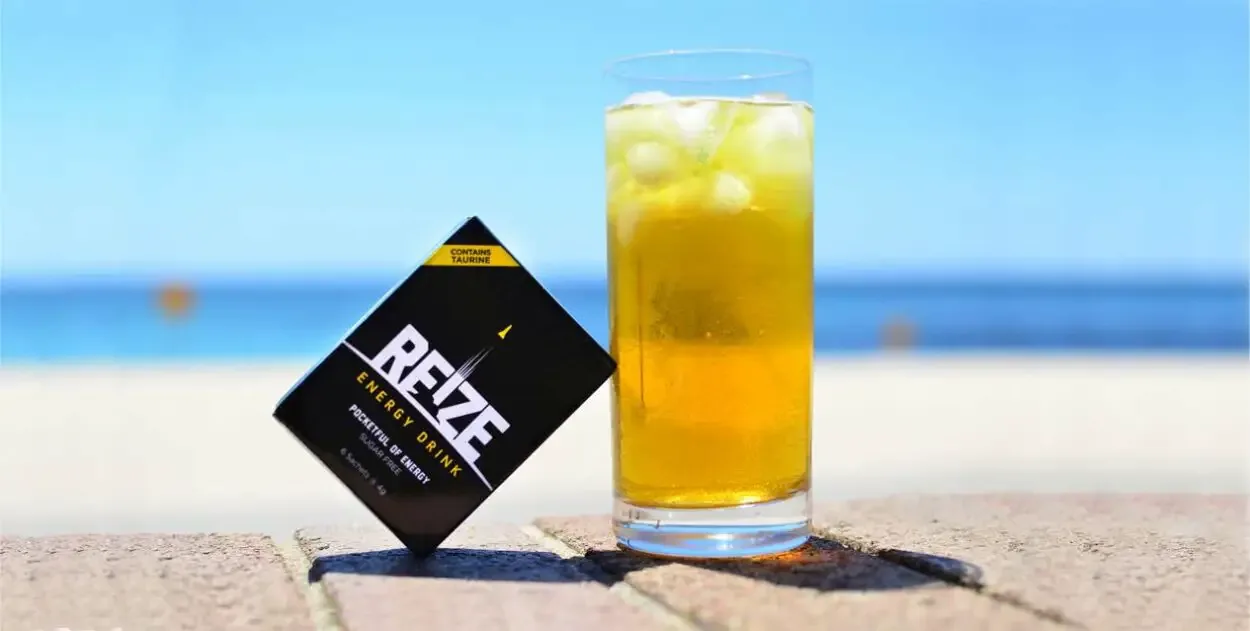
REIZE is a powdered energy drink that arrives in 4g lightweight and suitable sachets. REIZE contains no sugar and only 11 calories per serving, as well as a healthy 50mg of caffeine.
It also has a clever combination of healthy ingredients such as taurine, ginseng, and B-group vitamins that work together to provide you with a smooth energy boost without the dreaded sugar crashes.
The best part is that REIZE ships to your door for less than $1 per drink, which is an incredible value, and I personally enjoyed drinking this energy drink.
Conclusion
- Emerging studies have linked energy drink consumption to a variety of negative health outcomes, including risk-taking behaviors, poor mental health, negative cardiovascular effects, and metabolic, renal, or dental conditions.
- Caffeine concentrations in energy drinks can overwhelm your digestive tract. Excessive consumption of energy beverages could result in vomiting, nausea, and diarrhea.
- Carnitine, also known as L-carnitine, and guarana, in particular, have been linked to stomach cramps, diarrhea, nausea, and vomiting in some people.
- Higher blood pressure, diabetes, weight gain, inflammation, and fatty liver disease have been linked to an increased risk of heart attack and stroke.
- It is essential to limit the intake of energy drinks, and you might want to adopt alternative ways to keep your body energized and active. Try switching to black coffee, alongside exercising and obtaining a healthy diet.

